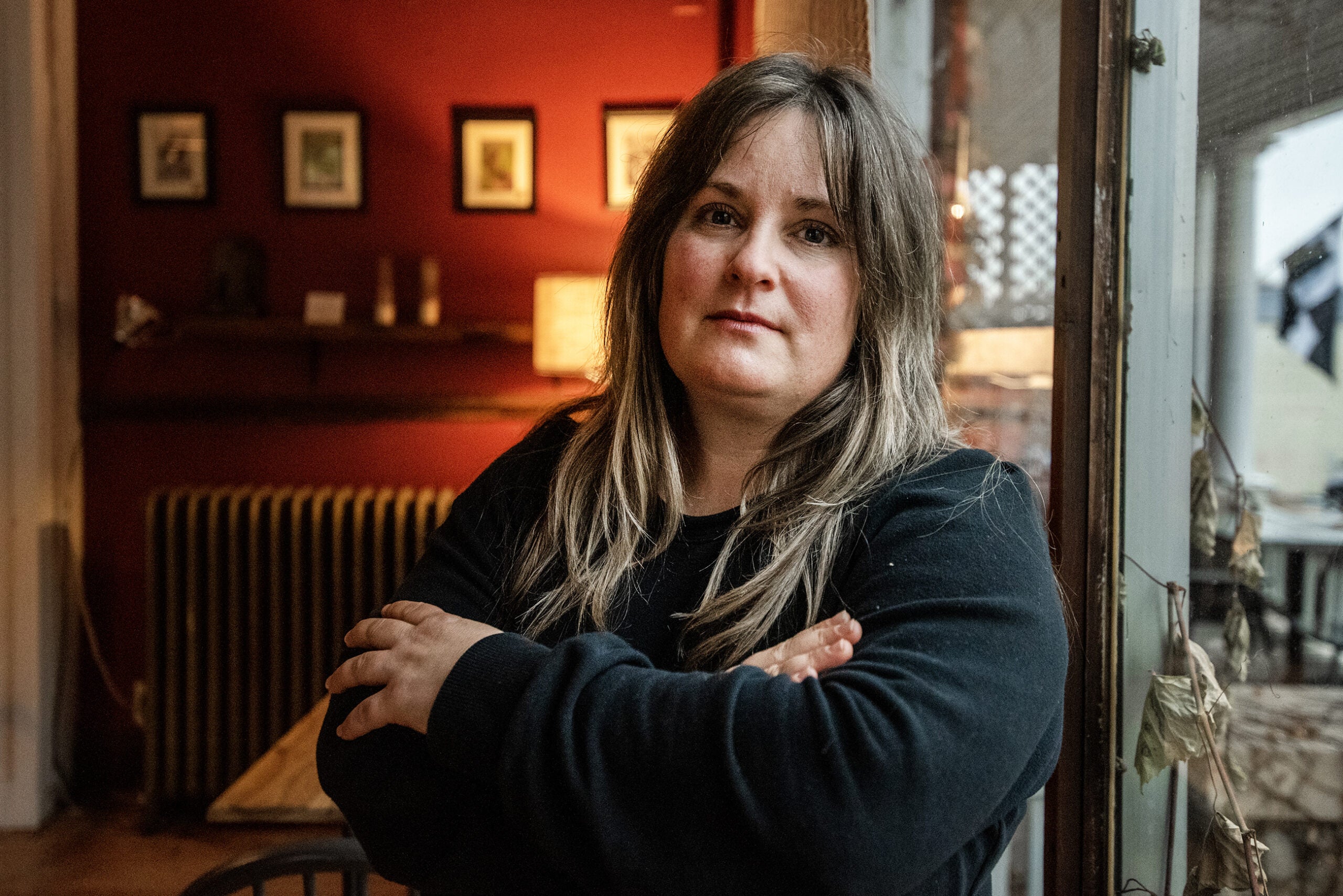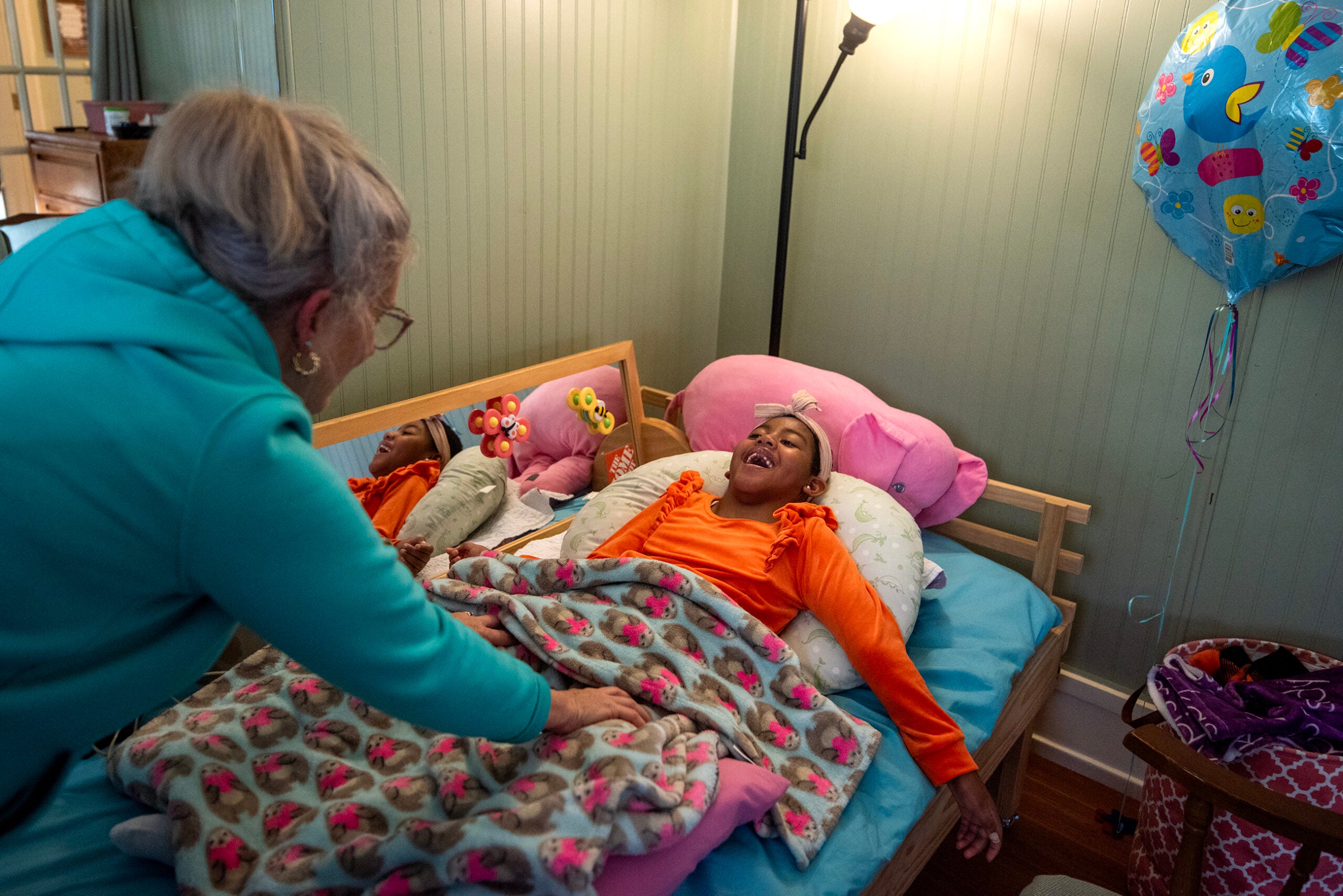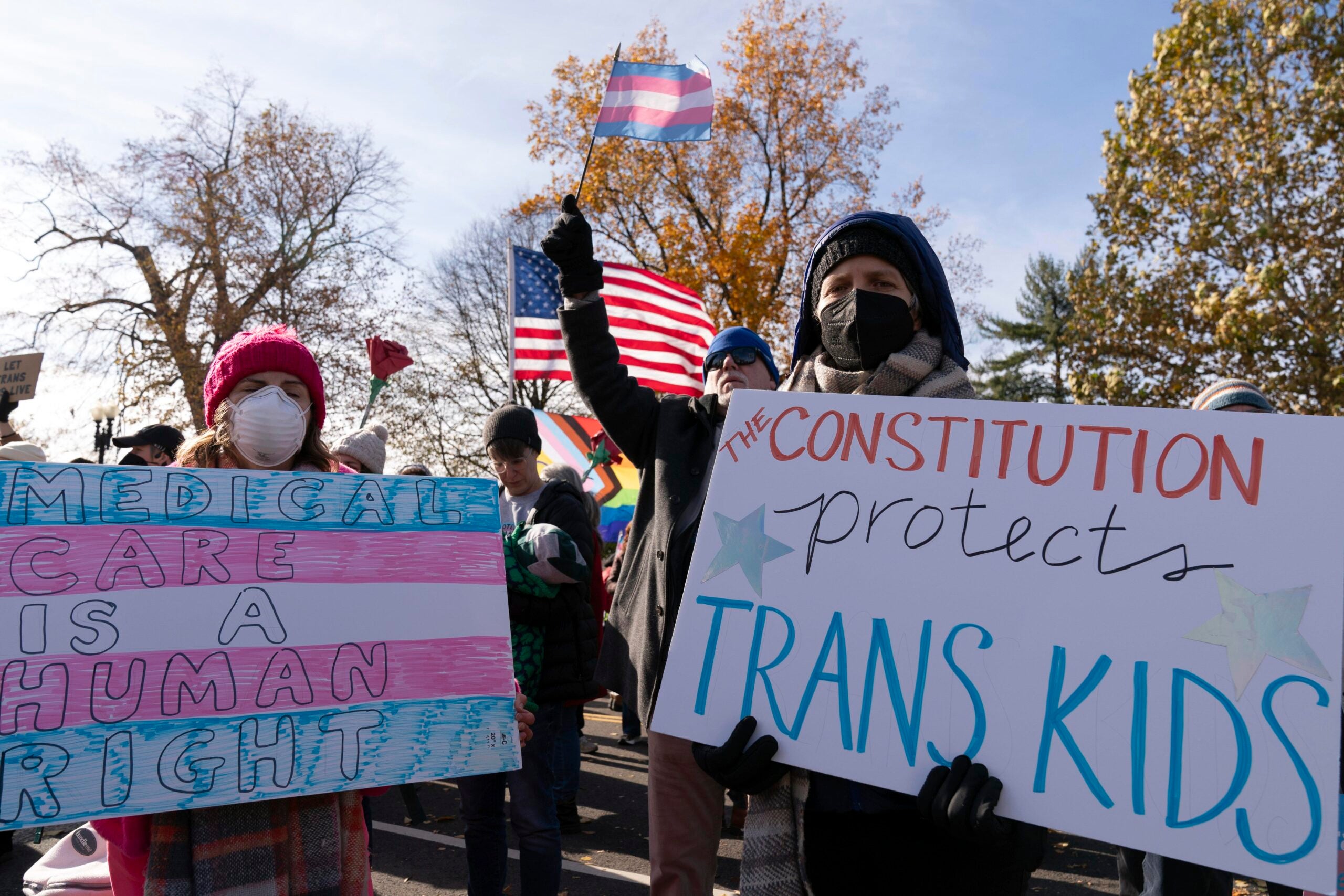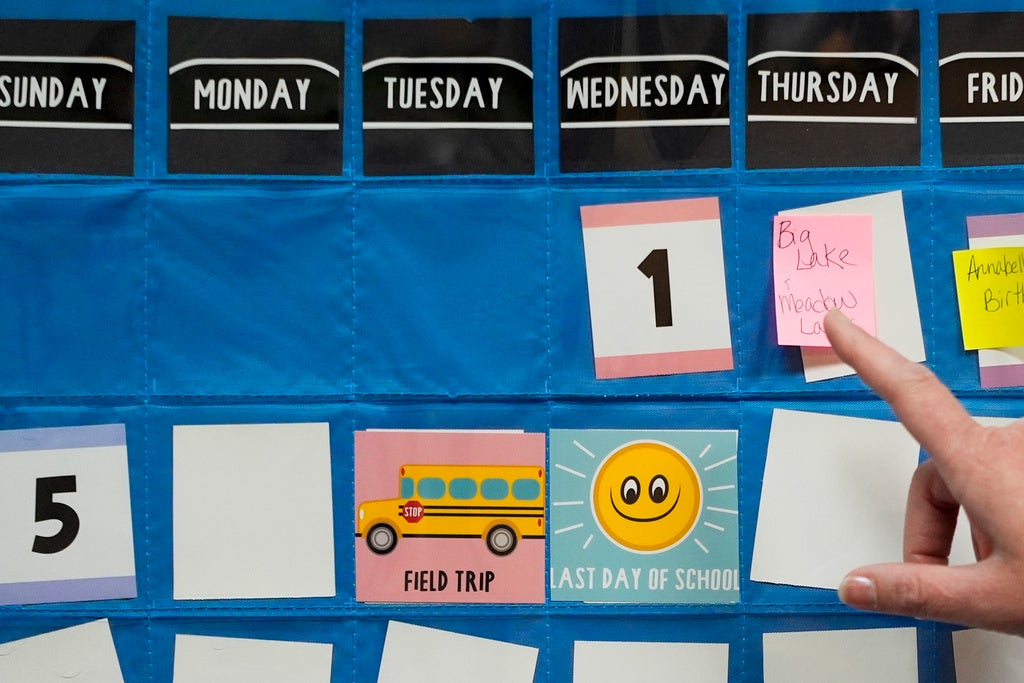During the pandemic, Christy Cole scaled back the hours her salon in rural Mineral Point was open to cope with the stress of COVID-19 and the fact that she couldn’t find adequate child care for her 7-year-old daughter.
“Unless you know someone or are very trusting, it’s hard to even find child care,” she said. “There’s no system for it out here where we don’t have regulated child care centers readily available. And when they are, they’re really expensive.”
She’s now planning to abandon her business entirely and pursue social work.
News with a little more humanity
WPR’s “Wisconsin Today” newsletter keeps you connected to the state you love without feeling overwhelmed. No paywall. No agenda. No corporate filter.
Cole’s story is one example of the dire realities families face as staffing shortages force some child care centers to operate at reduced capacity or shutter their doors completely. The mass exodus of early childhood educators has left caregivers scrambling for help.
“We are sort of drowning, especially in the rural areas of Wisconsin,” she said.
Child care centers see a mass exodus of educators
Ruth Schmidt, the executive director of the Wisconsin Early Childhood Association, said it’s likely that two-thirds of child care programs in the state are looking to hire full-time staff right now.
It’s not only pushing parents to the brink, but child care educators — already overworked, Schmidt said — are also paying the consequences as businesses extend their hours.
“I think there’s a possibility that it will get dramatically worse before it gets better,” she said.
Katie Seltz, director of the Creative New Beginnings Childcare & Early Learning Center, said she’s getting at least one call a day from families in need of care. For the rural town of Strum in Trempealeau county, it’s anything but normal, she said.
“I feel awful every time I have to turn away a family and say, ‘I’m sorry, our waitlist is at least a year out,’” she said. “It’s heartbreaking.”
But she can’t open more spaces for children without hiring more staff, which is not easy to do. She said some workers didn’t want to leave the field but sought out better pay and opportunities.
“You can go to McDonald’s and make a lot more money,” Seltz said. “We aren’t able to offer as much to child care workers as we should be able to, and I think that’s where a lot of the struggle is.”
Schmidt agreed, emphasizing that child care is some of the most challenging, important work.
“It’s incredibly stressful to be with young children all day, taking care of all of their needs, exposed to all of these childhood illnesses, not having access to benefits, not having planning time in your classroom because you’re so short-staffed,” she said.
In its assessment this year, the Southwestern Wisconsin Community Action Program, a nonprofit that serves families from low-income backgrounds in rural communities, found that over the last decade, the state has lost more than 12,000 child care workers — a 43 percent drop. Nationally the number of child care workers has declined 23 percent.
Wisconsin’s early childhood educators earn an average of $11 to $13 an hour, Raising Wisconsin data shows. With a 40 percent turnover rate, the long-term economic effects total $4.2 to $6.4 billion, the advocacy organization estimates.
Since the onset of the pandemic, wages at Superior Children Center have risen by $3 an hour, but that wasn’t enough to attract more workers, Director Brenda Geisler said.
“Now we are paying people more, but we don’t have the income coming because we don’t have the enrollment,” she said.
Like other centers, there are plenty of jobs available — filling them is another story.
The center used to care for 69 children, but closed a 20-child classroom a couple of months ago because it couldn’t staff it.
The U.S. Department of Labor is sending a $15 million grant to Wisconsin, on top of the $20 million in pandemic relief aid to make childcare more affordable. But that extra money also hasn’t sufficed, Geisler said, pointing to the closure of Noah Ark Day Care in June.
“COVID really did a damage to day care,” she said.
Wisconsin Public Radio, © Copyright 2025, Board of Regents of the University of Wisconsin System and Wisconsin Educational Communications Board.







